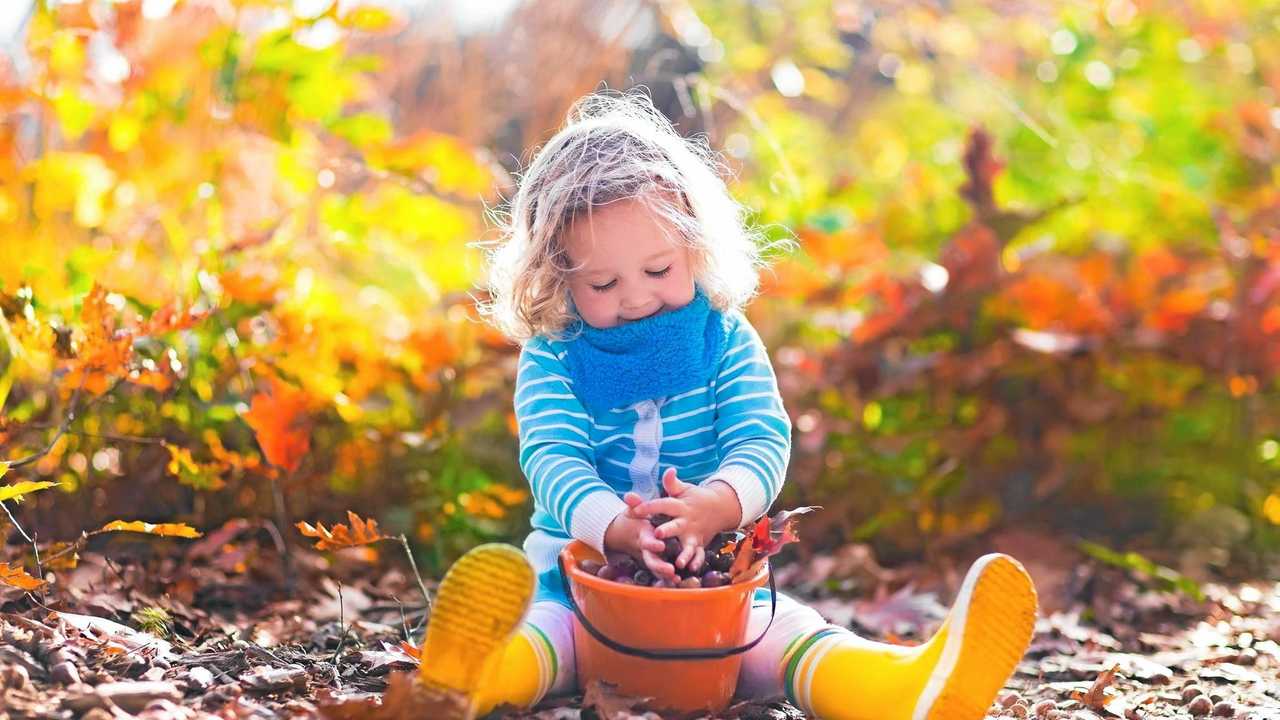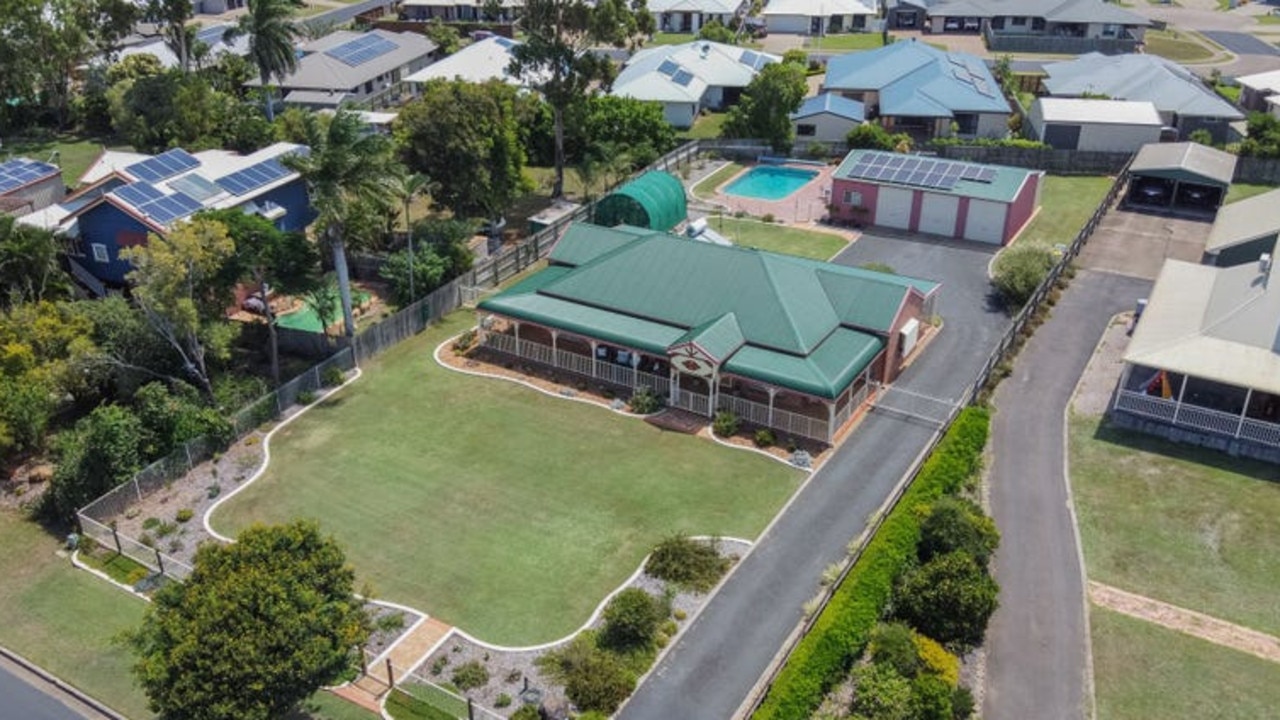What to do when your child sticks like glue
DOES your child have issues being separated from you?

Bundaberg
Don't miss out on the headlines from Bundaberg. Followed categories will be added to My News.
DOES your child have issues being separated from you? Is their clinginess and constant need hampering your ability to get jobs done around the house or pay attention to other members of the family?
Separation anxiety is a common and normal fear that infants and toddlers have of being away from their parents or carers.
It can start at around eight months, reaching its peak around 14-18 months, and usually goes away gradually throughout early childhood.
From a survival point of view, separation anxiety makes complete sense, just consider what would happen if an infant wasn't afraid and happily left their parents' side without warning?
What can you do to help?
There are a couple of simple rules to follow that can make it a whole lot easier when leaving your child.
Firstly, always tell them when you'll be leaving and when you'll come back. This normalises the separation and gives them reassurance that you'll return.
Sneaking off will only upset them and complicate the next time you leave them somewhere.
When you do go, make sure you're relaxed and comfortable - that happy look on your face will calm your child.
It's also good to set your child up with an enjoyable activity and make the farewell brief - dragging it out may just bring up more emotions and upset your little one.
An exception is when you introduce your child to a new place for the first time - whether that's a friend's house, a child care centre or even if left with a babysitter.
On that first occasion it's a good idea to spend some time with your child to familiarise them with their surroundings, which will make them feel safer and less distressed.
If your child does have fears about a new place, let them take something from home with them which will make them feel safe - maybe their favourite teddy or toy or pillow.
What you do at home matters
You might be frustrated by the separation issues, but you should never be negative or criticise your child for it.
You should make a conscious effort to bolster your infant or toddler's self esteem by being positive about times when they're brace - encourage the good behaviour.
Try to find children's books about the topic, there are plenty of them, reading these stories can often help.
What happens if it doesn't go away?
Around 4 per cent of preschoolers and school-age children will end up with a continuing issue known as separation anxiety disorder - which describes a situation where anxiety is more severe than their peers and interferes with their life.
You can identify this issue if they continually worry about getting hurt (or you getting hurt), they refuse to go to preschool/ day care/ school, refuse to sleep at other people's places without you or complain about being sick when away from you.
If this happens, you should consult either a WBHHS child health nurse, a paediatrician, your GP or the child's school counsellor.
Help at hand
If you have further questions about this or any other health issue for your child, chat to your GP or visit WBHHS child health team at the Margaret Rose Centre, Bourbong St. You can also phone the WBHHS child health team on:
Bundaberg: 41502700
Childers: 41921133
Gin Gin: 41572222
Gayndah: 41613571
Mundubbera: 41613571
Monto: 41669300
Biggenden: 41276400
Eidsvold: 41657100
Originally published as What to do when your child sticks like glue






